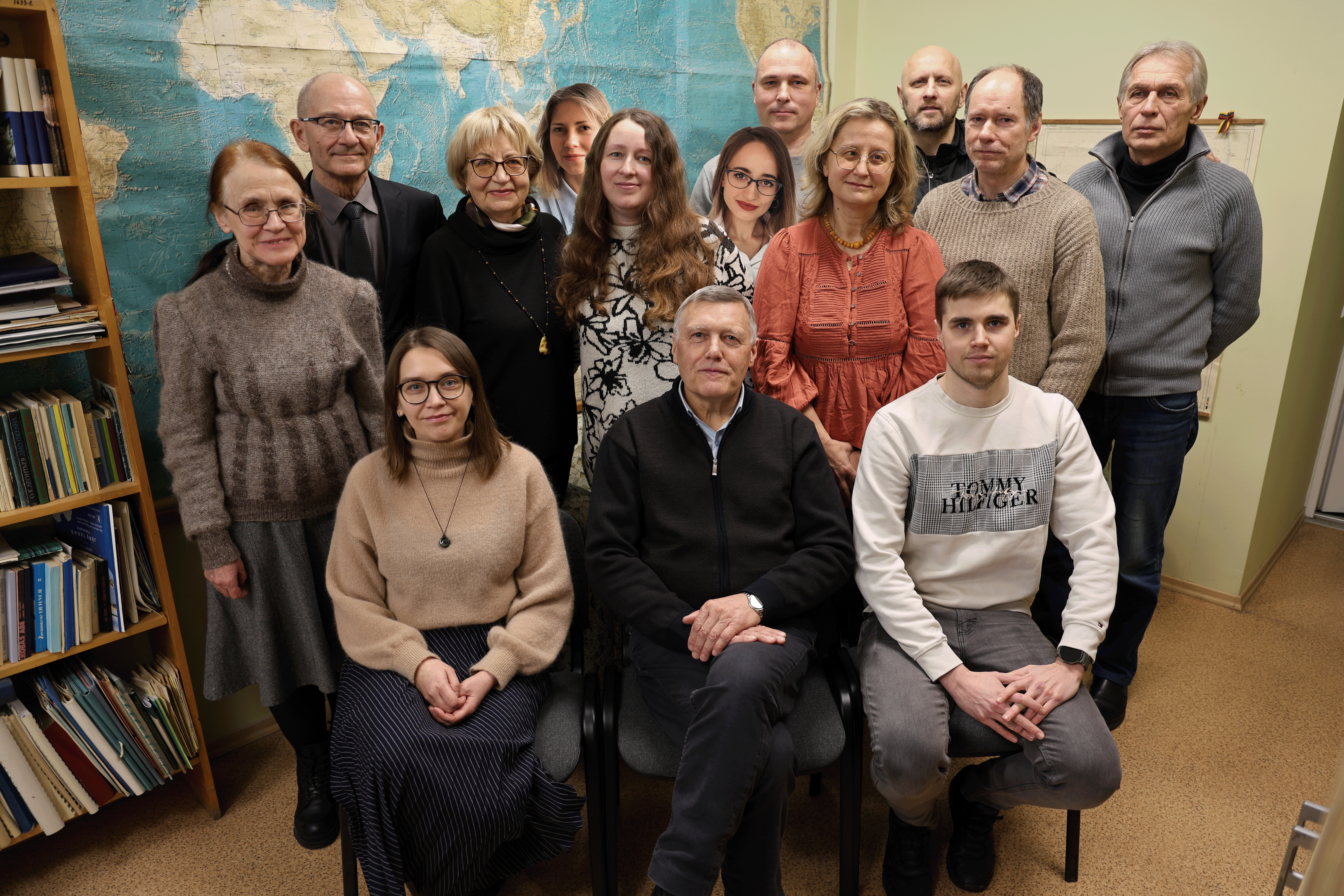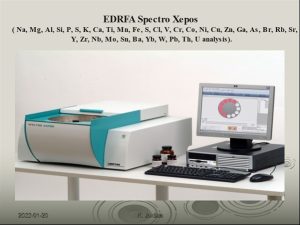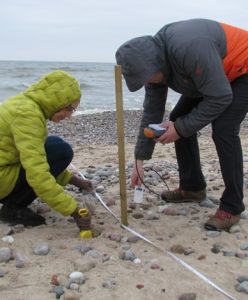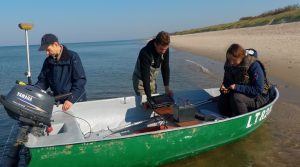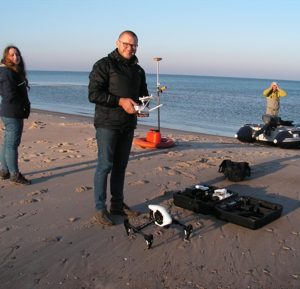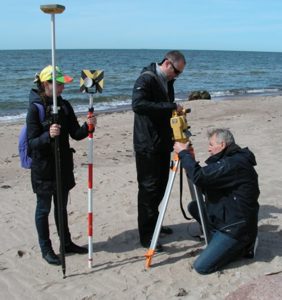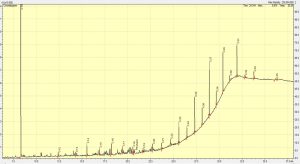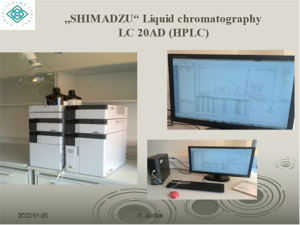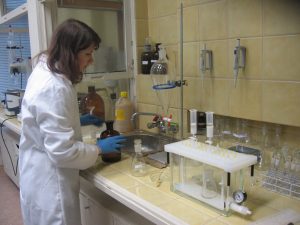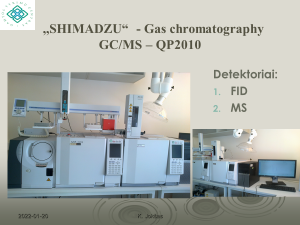The main research trends of the laboratory are investigation of interactions between natural and anthropogenic processes and assessment of geological environment quality.
Much attention is paid to the assessment of the geodynamic state of the Lithuanian coastal area, interpretation of coast formation processes, and cognition and analysis of sedimentation and hydrogeochemical processes in terrestrial and marine geosystems. Laboratory researchers are involved in identifying as well as conducting ecogeochemical and geohygienic assessments of geochemical anomalies and their sources and estimating the impact of natural and anthropogenic factors on the background and anomalous concentrations of chemicals, allowing to characterize and predict changes in the state of the living environment. The laboratory is also engaged in the development, elaboration and application of research methods for geochemical and biogeochemical assessment of abiotic and biotic components of the environment for the purpose of discovering the sources of potential emissions of different organic and mineral pollutants into the environment. Currently, a particular focus is put on the analysis and assessment of the pollution of Lithuanian water bodies (the sea, rivers and lakes) and terrestrial ecosystems with priority hazardous substances such as microplastic, heavy metals, multicyclic aromatic hydrocarbons, petroleum hydrocarbons, organic tin compounds, polychlorinated biphenyls, etc.
Laboratory researchers investigate the impact of passive (wind, undulation, sea level fluctuations, holidaymakers) and active (lithological, mineralogical and chemical composition of deposits, geological heritage, different hydrotechnical facilities) factors on the state and geodynamic tendencies of the coastal zone, analyse the efficiency of different type (soft and hard) seacoast protection and maintenance measures and possibilities of their optimisation and improvement.
Investigations are conducted using state-of-the-art laboratory research methods and techniques (gas and liquid chromatography, X-ray fluorescence spectrometry, nuclear absorption, induced plasma research methods, etc.), as well as fieldwork equipment and new methods created and adapted by researchers themselves.
